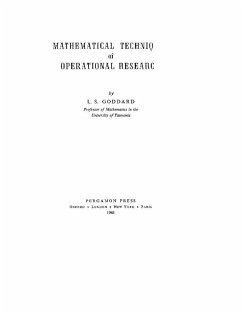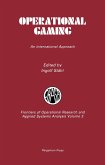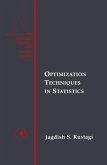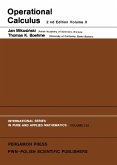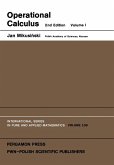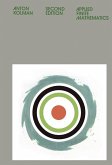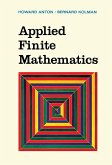Mathematical Techniques of Operational Research is a seven-chapter text that covers the principles and applications of various mathematical tools and models to for operational research.
Chapter I provides the basic mathematical ideas used in later chapters. Chapters II and III deal with linear programming, including the special cases of transportation and assignment, as well as their applications such as the Trim Problem. Chapters IV and V discuss the theory of queues and describe the general stationary properties of the single-channel queue, and of simple queues in series and in parallel. These chapters also examine some transient properties of queues. Chapter VI focuses on machine interference, which is an aspect of queueing theory, while Chapter VII deals with the important and mathematically subject of Stock Control or Inventory Theory.
This book is intended primarily to graduate mathematicians, business manages, and industrial leaders.
Chapter I provides the basic mathematical ideas used in later chapters. Chapters II and III deal with linear programming, including the special cases of transportation and assignment, as well as their applications such as the Trim Problem. Chapters IV and V discuss the theory of queues and describe the general stationary properties of the single-channel queue, and of simple queues in series and in parallel. These chapters also examine some transient properties of queues. Chapter VI focuses on machine interference, which is an aspect of queueing theory, while Chapter VII deals with the important and mathematically subject of Stock Control or Inventory Theory.
This book is intended primarily to graduate mathematicians, business manages, and industrial leaders.
Dieser Download kann aus rechtlichen Gründen nur mit Rechnungsadresse in A, B, BG, CY, CZ, D, DK, EW, E, FIN, F, GR, HR, H, IRL, I, LT, L, LR, M, NL, PL, P, R, S, SLO, SK ausgeliefert werden.

